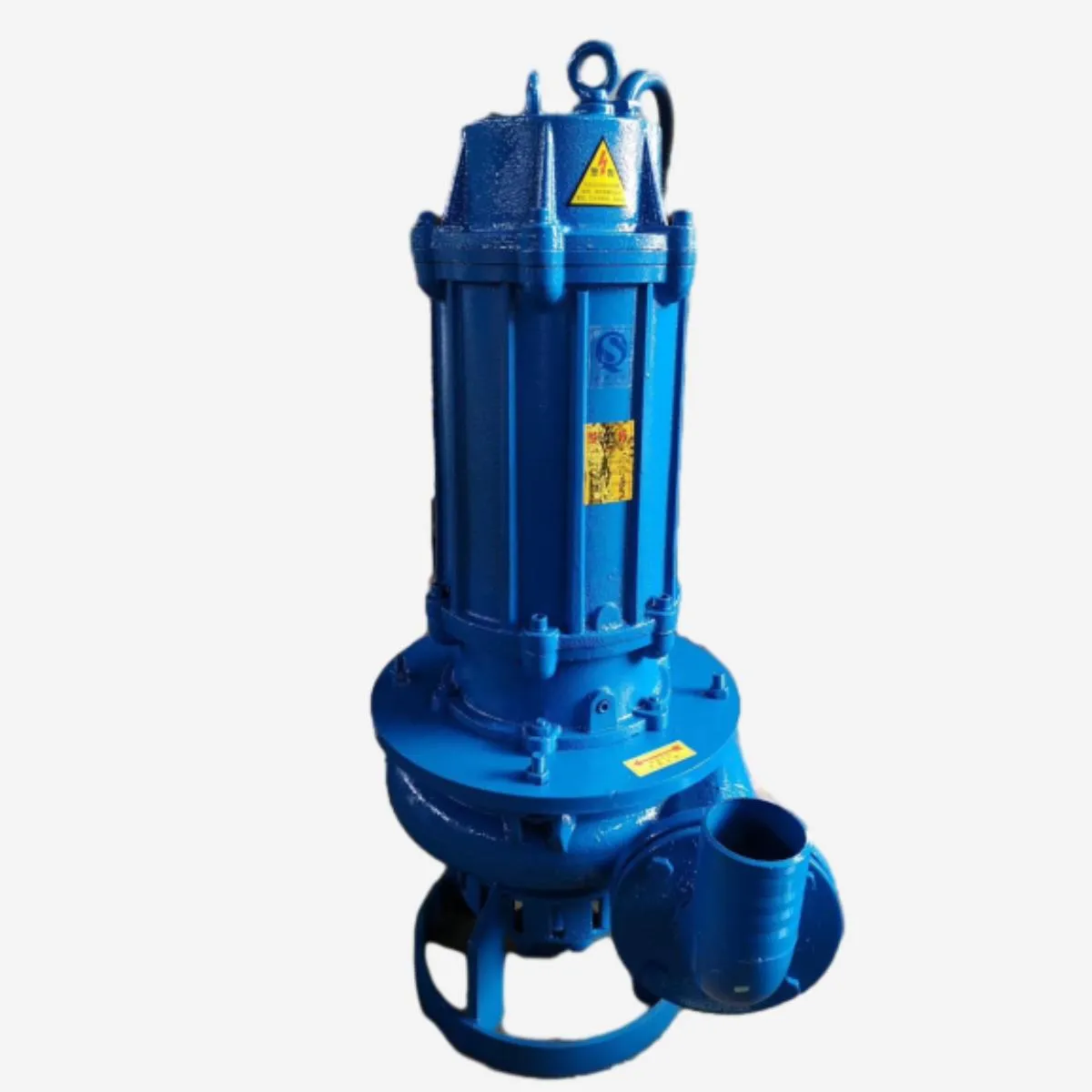hawaiian
- Afrikaans
- Albanian
- Amharic
- Arabic
- Armenian
- Azerbaijani
- Basque
- Belarusian
- Bengali
- Bosnian
- Bulgarian
- Catalan
- Cebuano
- Corsican
- Croatian
- Czech
- Danish
- Dutch
- English
- Esperanto
- Estonian
- Finnish
- French
- Frisian
- Galician
- Georgian
- German
- Greek
- Gujarati
- Haitian Creole
- hausa
- hawaiian
- Hebrew
- Hindi
- Miao
- Hungarian
- Icelandic
- igbo
- Indonesian
- irish
- Italian
- Japanese
- Javanese
- Kannada
- kazakh
- Khmer
- Rwandese
- Korean
- Kurdish
- Kyrgyz
- Lao
- Latin
- Latvian
- Lithuanian
- Luxembourgish
- Macedonian
- Malgashi
- Malay
- Malayalam
- Maltese
- Maori
- Marathi
- Mongolian
- Myanmar
- Nepali
- Norwegian
- Norwegian
- Occitan
- Pashto
- Persian
- Polish
- Portuguese
- Punjabi
- Romanian
- Russian
- Samoan
- Scottish Gaelic
- Serbian
- Sesotho
- Shona
- Sindhi
- Sinhala
- Slovak
- Slovenian
- Somali
- Spanish
- Sundanese
- Swahili
- Swedish
- Tagalog
- Tajik
- Tamil
- Tatar
- Telugu
- Thai
- Turkish
- Turkmen
- Ukrainian
- Urdu
- Uighur
- Uzbek
- Vietnamese
- Welsh
- Bantu
- Yiddish
- Yoruba
- Zulu
Telephone: +86 13120555503
Email: frank@cypump.com
Aug . 21, 2024 00:00 Back to list
Pumps Designed for Enhanced Efficiency in the Chemical Processing Sector
Pumps for the Chemical Industry An Overview
The chemical industry plays a crucial role in the global economy, producing a vast array of products that are essential to modern life. From pharmaceuticals to fertilizers, the processes involved in chemical manufacturing are complex and require highly specialized equipment. One of the most critical components in these processes is the pump. Pumps for the chemical industry are designed to handle a wide variety of fluids, from corrosive chemicals to viscous slurries, and their efficient operation is vital for safety, performance, and cost-effectiveness.
Types of Pumps Used in the Chemical Industry
There are several types of pumps commonly used in the chemical industry, each suited for specific applications and fluid types. The primary categories include centrifugal pumps, positive displacement pumps, and diaphragm pumps.
1. Centrifugal Pumps These pumps are widely used due to their ability to handle large volumes of liquids at relatively low pressures. They work by converting rotational energy from a motor into hydrodynamic energy. Centrifugal pumps are ideal for moving low-viscosity fluids and are often used in applications such as water treatment, chemical processing, and oil movement. However, they are less effective for viscous fluids.
2. Positive Displacement Pumps These pumps are designed to move a fixed amount of fluid with each cycle, making them suitable for high-viscosity fluids and slurries. They can be further categorized into gear pumps, screw pumps, and peristaltic pumps. Positive displacement pumps provide a constant flow rate regardless of pressure changes, making them a reliable choice in many chemical processes where accuracy is crucial.
3. Diaphragm Pumps Also known as membrane pumps, these are ideal for handling corrosive and abrasive fluids. Diaphragm pumps operate by alternately flexing a diaphragm to create a vacuum and draw in the fluid. They are particularly beneficial for applications requiring containment of hazardous materials, as they minimize the risk of leaks and spills.
Key Considerations for Pump Selection
pump for the chemical industry

When selecting a pump for a chemical application, several factors must be taken into account
- Compatibility The pump materials must be compatible with the chemicals being handled. Corrosive substances may require pumps made from specialized alloys or thermoplastics to prevent degradation.
- Flow Rate and Pressure Requirements Understanding the required flow rate and the pressure under which the pump will operate is crucial for performance.
- Viscosity The viscosity of the fluid will determine whether a centrifugal or positive displacement pump is more suitable.
- Temperature High temperatures can affect the performance and longevity of the pump, making temperature compatibility a critical factor.
- Maintenance Needs Some pump designs require more maintenance than others. Reliability and ease of maintenance should also be part of the selection process, as downtime can be costly in chemical operations.
Conclusion
Pumps are vital to the efficiency and safety of chemical manufacturing processes. As the industry continues to evolve, the demand for innovative pumping solutions that enhance performance while minimizing environmental impact grows. Manufacturers are increasingly turning towards advanced materials and technologies that improve pump efficiency and reliability, as well as automated systems that enhance operational control. In this dynamic landscape, understanding the specific needs of the chemical application and selecting the right pump is critical to achieving operational success and maintaining safety standards. Whether for transferring, mixing, or metering chemicals, the right pump can make a significant difference in the effectiveness and safety of chemical operations.
-
Horizontal Split Case Pump with GPT-4 Turbo | High Efficiency
NewsAug.01,2025
-
ISG Series Pipeline Pump - Chi Yuan Pumps | High Efficiency, Durable Design
NewsAug.01,2025
-
Advanced Flue Gas Desulfurization Pump with GPT-4 Turbo | Durable & Efficient
NewsJul.31,2025
-
ISG Series Vertical Pipeline Pump - Chi Yuan Pumps | Advanced Hydraulic Design&Durable Construction
NewsJul.31,2025
-
ISG Series Vertical Pipeline Pump - Chi Yuan Pumps | Energy Efficient & Low Noise
NewsJul.31,2025
-
pipeline pump - Chi Yuan Pumps Co., LTD.|High Efficiency&Low Noise
NewsJul.31,2025










